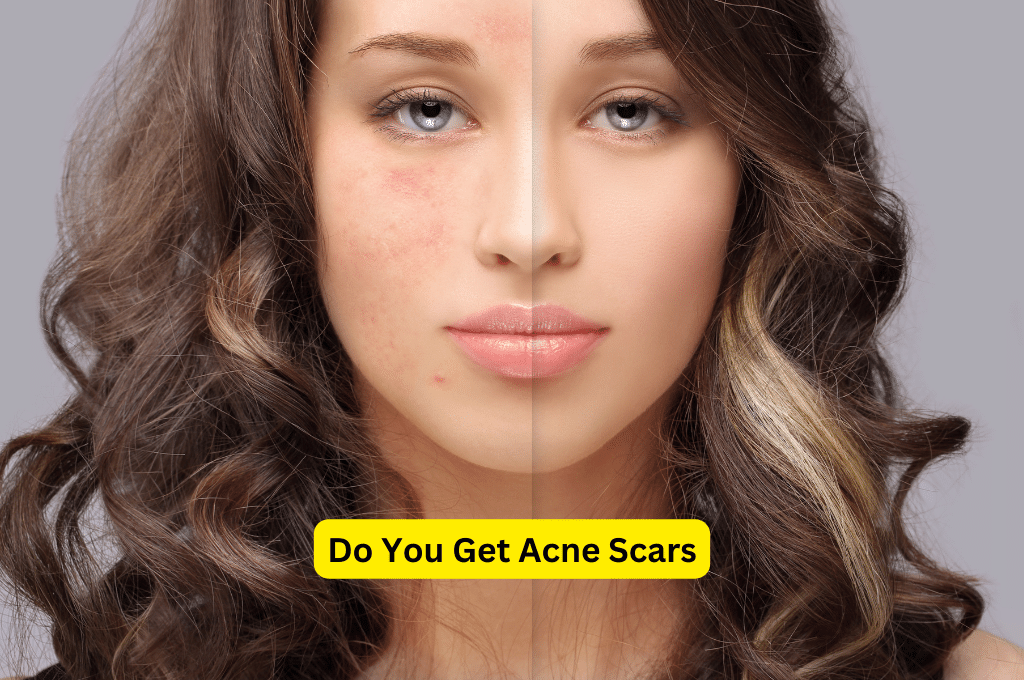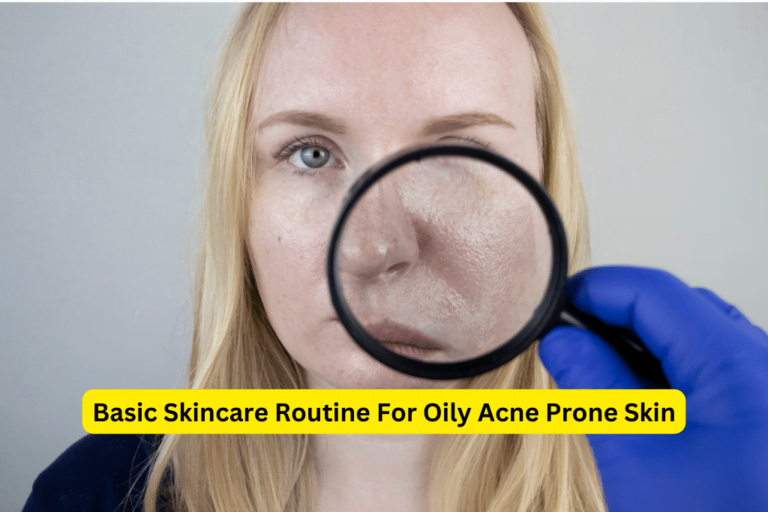Say Goodbye to Acne Scars: Expert Tips and Solutions to Clear Skin
Do You Get Acne Scars
Acne scars can be frustrating and greatly affect a person’s self-esteem. Understanding the causes of acne scarring, how to prevent it, and the best treatments available is essential for anyone dealing with acne breakouts. In this comprehensive guide, we will delve into the world of acne scars, providing you with valuable knowledge and effective solutions to help you achieve clear and healthy skin.
Causes of Acne Scars
Inflammatory Acne and Scarring
Inflammatory acne, characterized by red, swollen, and painful pimples, can often lead to scarring. This occurs when the underlying bacteria and inflammation cause damage to the skin tissue. Types of inflammatory acne, such as papules, pustules, and nodules, are more prone to causing scarring. It is crucial to address and treat inflammatory acne promptly to minimize the risk of scarring.
Cystic Acne and Scarring
Cystic acne is a severe form of acne that is known to cause deep, painful cysts under the skin. These cysts can lead to long-lasting scars if not treated effectively. The formation of cysts damages the surrounding skin tissue, leaving behind indented or raised scars. Early intervention is crucial in preventing the development of cystic acne scars.
Picking and Squeezing Pimples
As tempting as it may be, picking and squeezing pimples can worsen acne and increase the risk of scarring. Manual extraction and rough handling of acne lesions can cause further inflammation and damage to the skin. To minimize scarring risk, it is important to resist the urge to pick or pop pimples and allow them to heal naturally.
Preventing Acne Scars
Proper Skincare Routine
A consistent and proper skincare routine is crucial in preventing acne scars. Cleansing the skin twice daily, exfoliating regularly to remove dead skin cells, and moisturizing are essential steps. Retinoids, a type of vitamin A derivative, are effective in preventing scarring by promoting skin cell turnover.
Avoiding Triggers
Identifying and avoiding triggers that worsen acne can help prevent scarring. Certain dietary and lifestyle factors, such as a high-glycemic diet and excessive stress, are known to contribute to acne breakouts. Managing stress, maintaining a balanced diet, and avoiding known triggers can reduce the frequency and severity of breakouts and subsequent scarring.
Hands-Off Approach
Resisting the urge to touch or pick at acne lesions is crucial in preventing scarring. Excessive touching or picking can introduce bacteria and cause additional inflammation, leading to more severe acne and scarring. Finding alternative ways to manage the urge, such as using fidget toys or practicing mindfulness, can help maintain a hands-off approach to acne.
Treating Acne Scars
Topical Treatments
Topical treatments play a significant role in the treatment of acne scars. Ingredients such as retinoids, alpha-hydroxy acids, and silicone gels have shown effectiveness in reducing scar appearance. However, it is essential to consult a dermatologist to determine which topical treatment is best suited for your specific skin type and scar severity.
Dermatological Procedures
Professional dermatological procedures offer more advanced solutions for treating acne scars. Chemical peels, microdermabrasion, and laser therapy are commonly used to improve the appearance of scars. These procedures can help stimulate collagen production, resurface the skin, and diminish the appearance of scars. It is crucial to consult a qualified dermatologist or aesthetician to determine the most suitable procedure for your unique needs.
Home Remedies and Natural Treatments
While there are various home remedies and natural treatments that may help reduce the appearance of acne scars, it is important to proceed with caution and consult a healthcare professional before trying them. Natural remedies like aloe vera and tea tree oil have shown promise in reducing scar visibility due to their anti-inflammatory properties. However, individual results may vary, and professional guidance is recommended.
Conclusion
In conclusion, acne scars can significantly impact a person’s self-confidence and overall well-being. By understanding the causes of acne scarring and implementing preventive measures like proper skincare, avoiding triggers, and adopting a hands-off approach, you can greatly reduce the risk of scarring. Additionally, consulting with a dermatologist and considering appropriate treatments, whether topical or professional procedures, will help you achieve clearer and smoother skin. Remember, each individual is unique, and professional guidance is vital to developing a personalized treatment plan. With this knowledge and the right support, you can overcome acne scars and achieve the clear skin you deserve.









